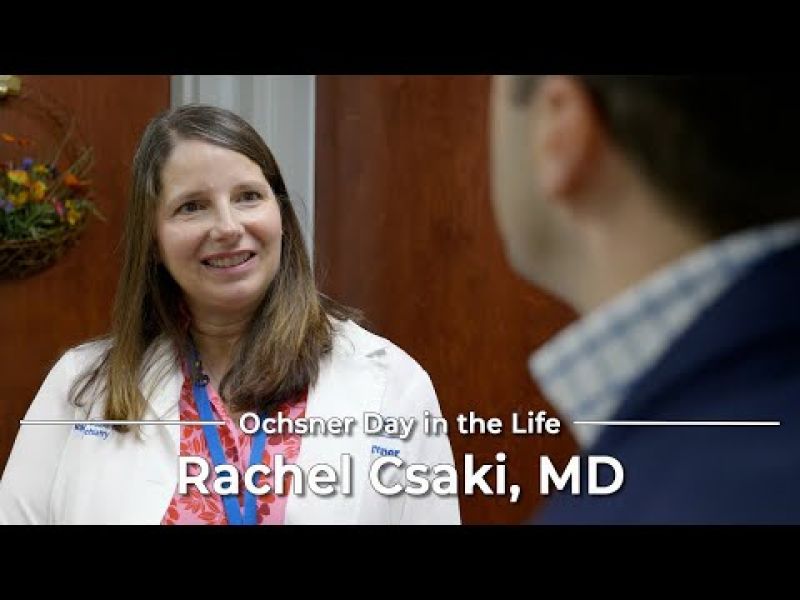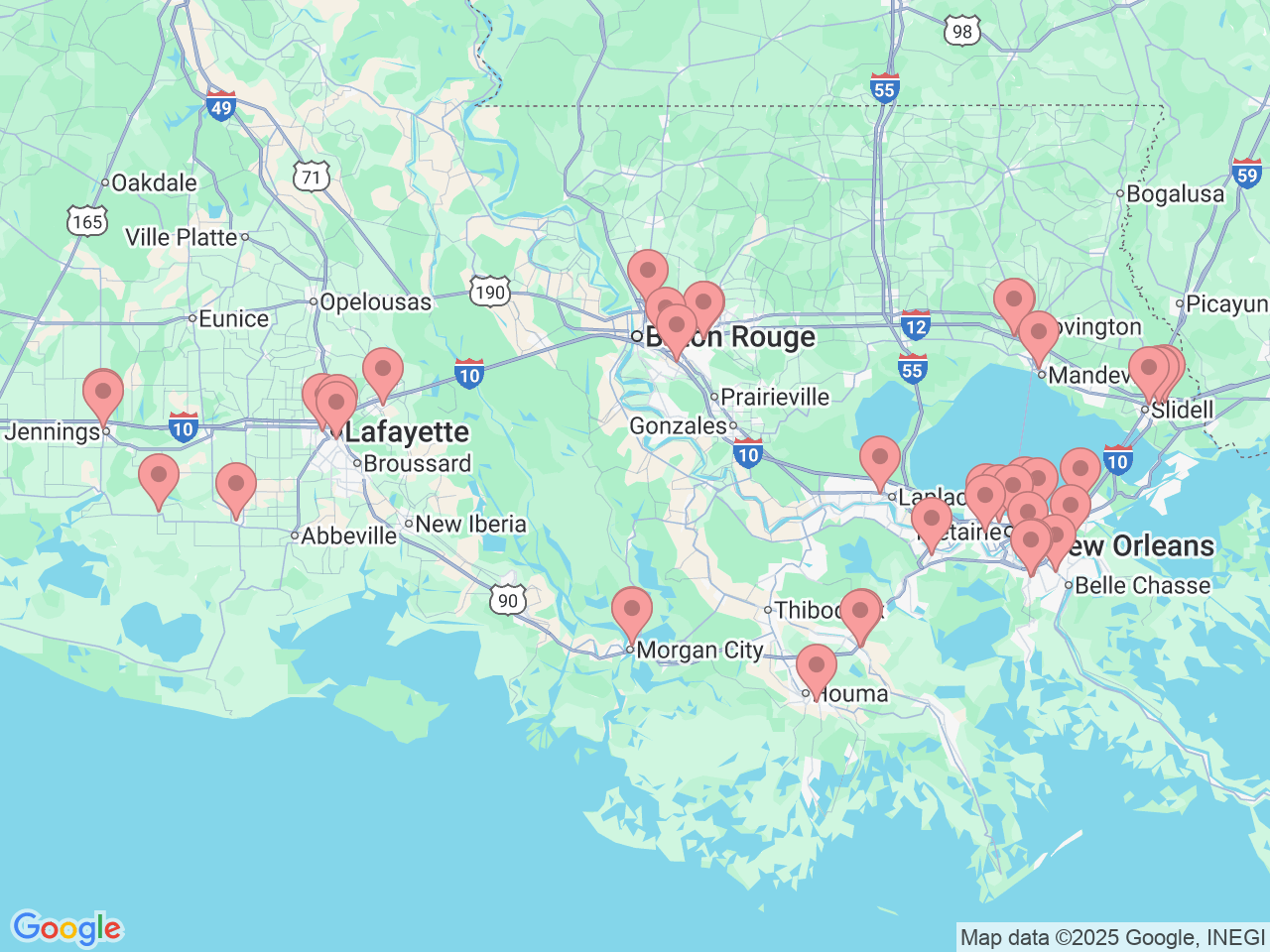Why choose Ochsner Health for your psychiatry and behavioral healthcare?
Ochsner Health experts in psychiatry and behavioral health are here for you across Louisiana in New Orleans, Baton Rouge, Lafayette, Metairie, Laplace, Luling, Chalmette, Houma, Shreveport, Covington, Mandeville, Raceland and Morgan City. Services are also offered in Mississippi. Taking care of your mental health and emotional health is important, and we are here to help you.
Our team has different kinds of mental health experts who work together. They provide care whether you need to stay in the hospital or can visit and go home on the same day. They talk with you one-on-one, or in a group setting if that's what you prefer. They can also help manage your medications and more. At Ochsner Health, we make it our mission to ensure you get the help you need in a way that works best for you.


























